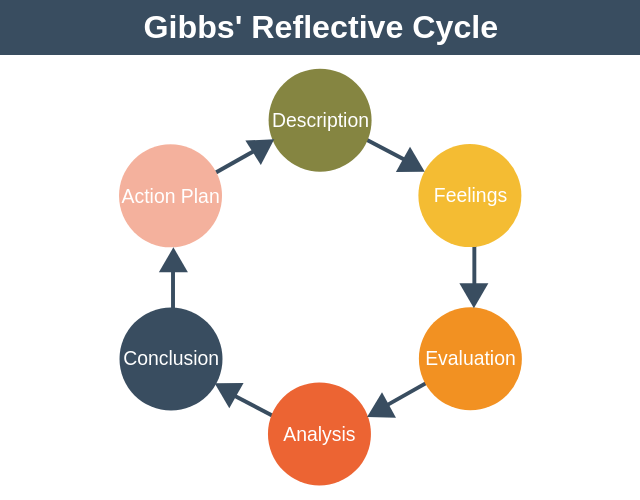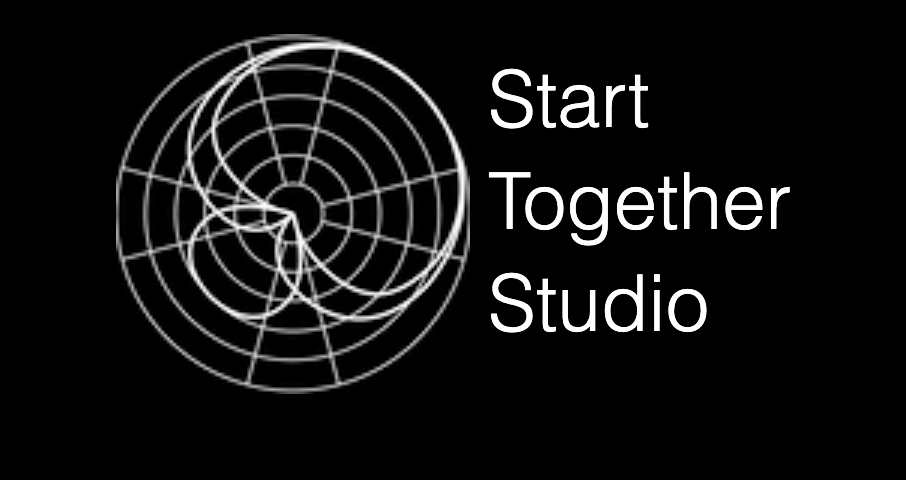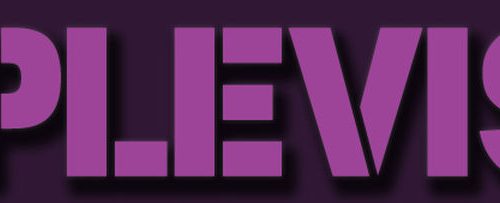Adapting My CV For the Music Industry
I began the process of securing a placement for my work-based learning module at the end of last semester. I began by researching and contacting multiple recording studios in and around Belfast and stating that I was interested in and would be excited to get the opportunity to work for them. Before I began contacting studios, I first had to adapt my CV so that it highlighted my skills, knowledge and experience in the field of music recording and showed potential employers that I would be a great addition to their team. The work-based learning module was able to provide me with great insights and resources on how to approach creating an industry specific CV, which in turn has boosted my confidence in finding and applying for jobs post-graduation. I will reflect on my experience of securing a placement using the Gibbs reflective cycle[1], discussing how I adapted my CV, the struggles I faced when applying to different studios, and how everything finally came together in the end.

Creating an Industry Specific CV
My journey towards securing a placement for my work-based learning module began in June. I knew that the first thing I had to do was create a CV and cover letter that was industry specific. I started with the cover letter, giving a brief introduction about myself and outlining some of my key skills and qualities, along with my goals and hopes for the placement. I also included why I was interested in carrying out my placement with each studio, showing that I had spent time researching and that I was genuinely interested in working with them. For my CV, I made sure to include all my previous work experiences within the industry, along with a list of my technical skills. I also included a link to my online portfolio so that employers could have easy access to any of my previous and ongoing projects.
The process of drafting a CV and cover letter allowed me to reflect on why I had chosen to do the work-based learning module. The prospect of working alongside music professionals and gaining valuable experience in the studio filled me with enthusiasm and excitement and reassured me that the music industry is where I want to be working after my degree.
The experience of having to create an industry specific CV has benefitted me greatly, as it has given me useful insights and practice on how to develop a CV that is tailor-made for applying to jobs within the music industry. I feel like I have the relevant knowledge and skills to confidently apply for jobs within the industry post-graduation and have a greater understanding of what employers in the music industry are looking for.
The Long and Winding Road
Once I had completed my CV and cover letter, it was time to start contacting potential employers. I picked out four studios from the list of placement providers that the university had sent out and did some research into them. I made sure to get the names of the people I would be sending my application to, so that it didn’t look like I was sending out blanket emails to multiple companies at once. I researched what artists and producers had worked in the studios in the past to further show my genuine interest in working with them. My cover letter and CV was altered for each studio I applied to, along with the information I’d gathered from my research, and showed why I was keen to carry out my work-placement with them. I hit send and began the long wait.
A couple of weeks went by, and I didn’t hear back from anyone, so I decided to follow this up just in case my application had got lost in a sea of other emails. This time I got a response back but not the response I was hoping for. One studio said that they were not taking on any placements this year, and another told me they had already filled up their placement positions for the year.
I did not let this deflate me and immediately started thinking of a new approach. I reached out to the other two studios I had applied to on social media with a brief message and, within a couple of days, I got a message back from Rocky at Start Together Studios informing me that he would love to have me on placement this year. We arranged a date for me to come down to the studio and discuss what I would be doing in the coming months. I was absolutely delighted with this news as I had been trying to secure a placement with Start Together Studios for a very long time. I had recorded music there when I was younger and immediately fell in love with the place, and ever since I have been determined to get the opportunity to work there again.

Got There in The End
The day finally came for my meeting with Rocky. I was filled with anticipation as I made my way into the studio, thinking about all the experience and practice I was going to gain over the next couple of months. Initially I was quite shy and nervous and didn’t contribute much to our conversation, but after a while I began to feel more comfortable which allowed the meeting to flow better. We discussed some ground rules and regulations and what was expected of me in the studio, along with the details of sessions I would be working on over the coming months and was thrilled to find out that I would be working with artists and producers that I hugely admired. Rocky told me that I was going to be a perfect fit for the studio, which was a massive self-confidence boost and left me feeling very excited about the coming months.
Overall, I feel the in-person meeting went very well and was a great experience. It really pushed me outside my comfort zone, which I feel has helped grow my confidence and reduce my anxiety towards networking within the industry. If I was given the chance to do the meeting again, I would have prepared more questions for rocky as he was doing most of the talking in our meeting. I felt like if I had done some more research into ongoing projects in the Belfast music scene, we could have had a more in-depth discussion. This is something I aim to improve on and have prepared for future interviews.
[1] University of Edinburgh, ‘Reflection Toolkit’ (2020), https://www.ed.ac.uk/reflection/reflectors-toolkit/reflecting-on-experience/gibbs-reflective-cycle (Accessed 23rd November 2022)
You May Also Like

Securing My Placement: The Humbling Experience of Film Industry Rejection
24 November 2022
Securing a Placement: An Observation in Timing and Luck
25 November 2022
